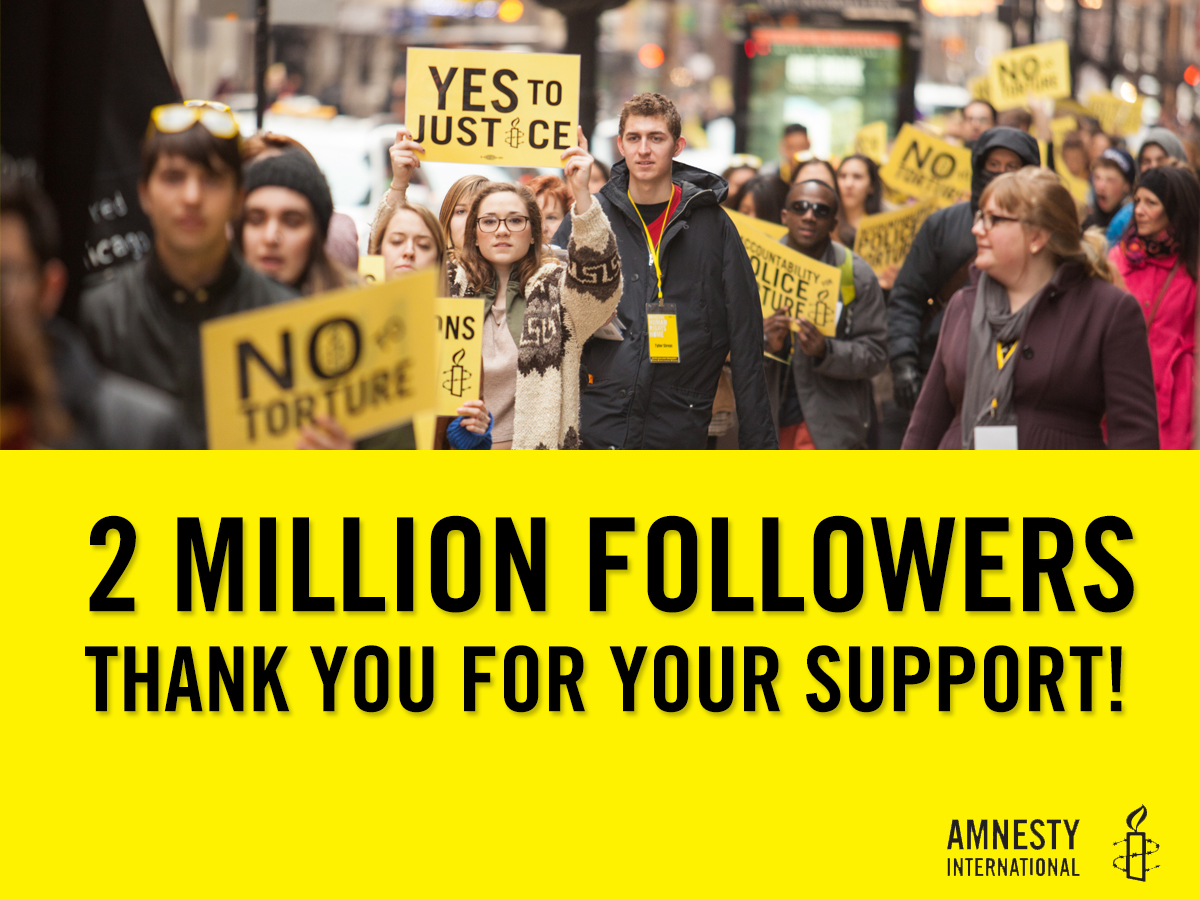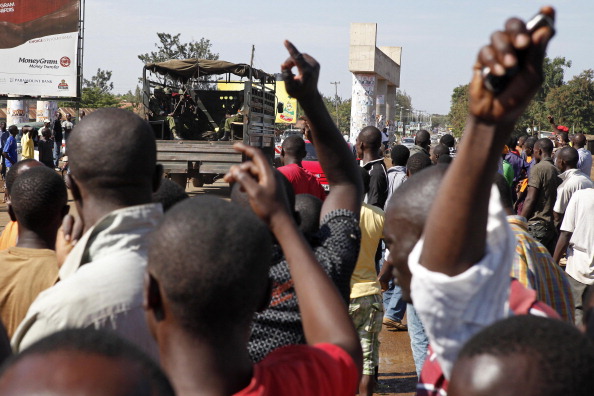
Abdullah al-Qahtani
By Samir Goswami, Director of Amnesty International USA’s Individuals & Communities at Risk Campaign
Last week, we issued an Urgent Action to the disturbing news that Saudi Arabian national Abdullah al-Qahtani was at imminent risk of execution.
Abdullah was convicted of robbery and murder under Iraq’s Anti-Terrorism Law. While in custody, he was viciously beaten, burned and asphyxiated into “confessing” to being a member of al-Qaida. Four of Abdullah’s six co-defendants were executed last week and for a time, it seemed as though Abdullah was next.
But then, an amazing thing happened. We emailed a petition out to our Amnesty members and within 24 hours, received over 30,000 signatures.
Abdullah is still alive and pressure from activists like you likely helped spare his life. Today, Abdullah’s petition has over 40,000 signatures. But make no mistake – his execution is imminent. Abdullah’s attorney urges continued vigilance:
SEE THE REST OF THIS POST




